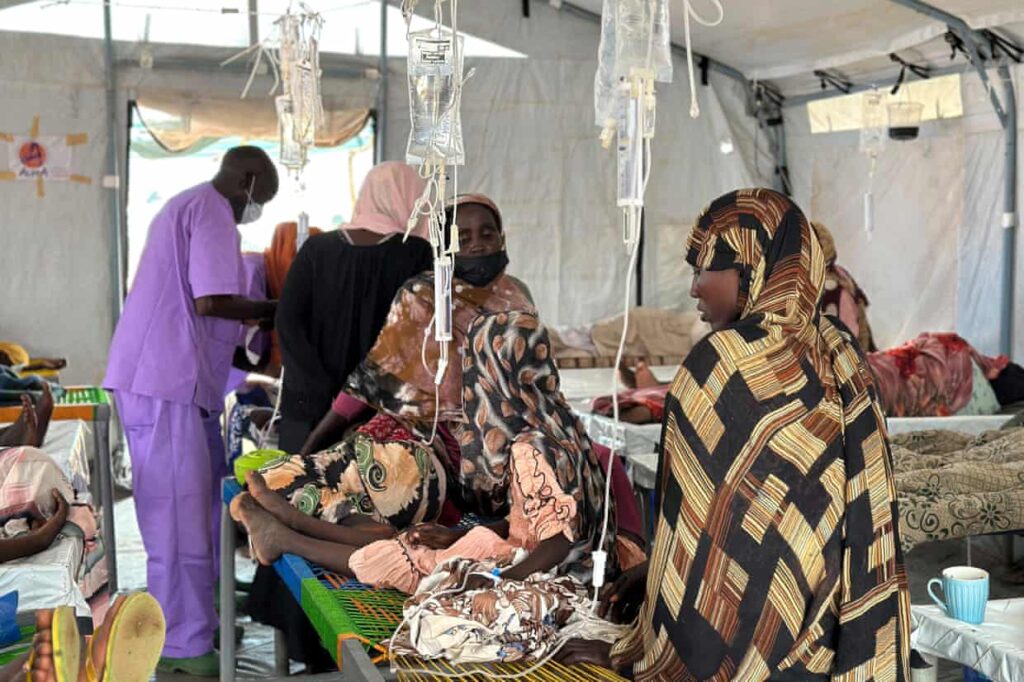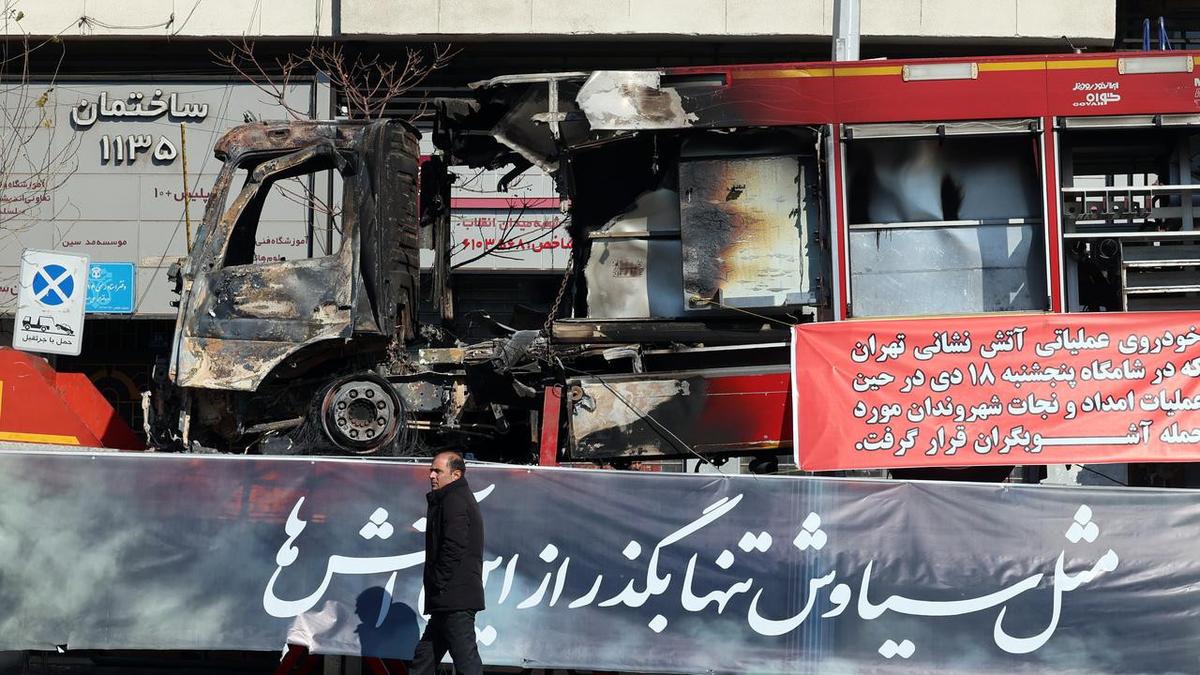
BREAKING: The cholera outbreak in Sudan has escalated dramatically, with at least 40 deaths reported in just the past week, according to the medical charity Médecins Sans Frontières (MSF). Hospitals are overwhelmed, forcing medical staff to treat patients on mattresses on the floor as the country grapples with a devastating civil war and deteriorating health conditions.
The situation in Tawila, North Darfur, is particularly dire. Sylvain Penicaud, MSF project coordinator, revealed that families in displacement and refugee camps are often left with no choice but to consume contaminated water, the primary cause of cholera. “Just two weeks ago, a body was found in a well inside one of the camps,” Penicaud stated. “It was removed, but within two days, people were forced to drink from that same water again.”
This outbreak, first confirmed by the Federal Ministry of Health a year ago, has seen over 99,700 suspected cases and more than 2,470 related deaths. The spread of cholera is exacerbated by the ongoing fighting, heavy rains that contaminate water supplies, and the strain on sewage systems, according to public health leaders.
The Africa Centres for Disease Control and Prevention has expressed grave concerns about the situation, noting that Africa accounted for a staggering 60% of global cholera cases and 93.5% of related deaths as of May. The impact is severe in vulnerable states like Sudan, South Sudan, and the Democratic Republic of the Congo.
MSF reported that its teams in Tawila treated over 2,300 cholera patients last month alone. The local treatment center, which has only 130 beds, was overwhelmed with 400 patients in the first week of August. Since April, 380,000 people have fled to Tawila from conflict areas around El Fasher and Zamzam camp, according to UN records.
The crisis is compounded by severe water shortages. While the World Health Organization (WHO) recommends at least 7.5 liters of water daily for survival, residents of Tawila are managing with an average of only 3 liters. This shortage severely hampers essential hygiene practices, including washing food and dishes. “The health centres are full,” said Samia Dahab, a resident of the Otash displacement camp in South Darfur. “Some areas have water, but it’s often salty or empty. We drink it unboiled, unsure if it’s safe.”
MSF’s head of mission in Sudan, Tuna Turkmen, describes the situation as “beyond urgent.” He warns that cholera is spreading beyond displacement camps into multiple localities across Darfur and beyond. In neighboring Chad, the crisis is also escalating, with 16 deaths and 288 cases reported in the second week of August.
Turkmen calls for an immediate international response to provide healthcare, improve water and sanitation services, and initiate cholera vaccination campaigns in affected regions. “Survivors of war must not be left to die from a preventable disease,” he emphasized, highlighting the critical need for urgent action.
As this cholera outbreak continues to claim lives and overwhelm health facilities, the need for humanitarian assistance and immediate intervention has never been more pressing. The global community must act swiftly to prevent further loss of life in Sudan and beyond.






